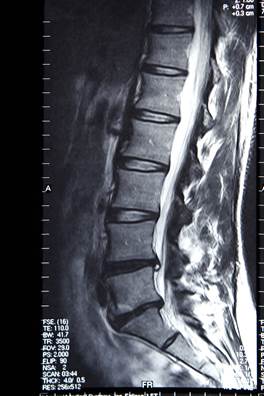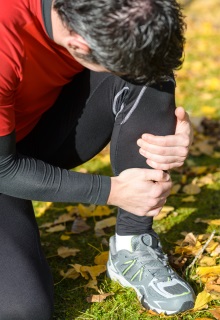Slipped Disc – Does it really slip?
 Slipped disc, known medically as a prolapsed disc, is a medical condition affecting the spine in which a tear in the outer, fibrous ring of an intervertebral disc allows the soft, central portion to bulge out beyond the damaged outer rings.
Slipped disc, known medically as a prolapsed disc, is a medical condition affecting the spine in which a tear in the outer, fibrous ring of an intervertebral disc allows the soft, central portion to bulge out beyond the damaged outer rings.
Discs are shock absorbers which act as a spacer between each vertebra in the spine. Discs are made up of an inner ring which is a jelly-like substance known as the nucleus, and an outer ring which is a thick and rubbery-like-substance known as the annulus.
Bulges in the annulus and drying of the nucleus are common symptoms of ageing (>30 years). These changes are generally painfree, but may become symptomatic. Annular tears or disc ruptures usually occur with heavy lifting or twisting in a flexed position, or coughing/ sneezing. If the nucleus ruptures this can exert pressure on the spinal cord or exiting nerve roots, and this is called disc herniation, disc protrusion or disc prolapse. This can then cause chemical irritation to the nerve and surrounding tissue or mechanical pressure on the exiting nerves. Both of these nerve irritations can cause subsequent sciatica. Read more



